A child protected today means a strong adult tomorrow, and violence against children is not something natural, but a choice of society and, together, we can choose another path, President Nicusor Dan said on Monday in a message to the Bucharest Regional Ministerial Conference on Ending Violence Against Children.
The event is organised by Romania's Ministry of Labour, Family, Youth and Social Solidarity jointly with UNICEF and the United Nations Special Representative of the Secretary-General on Violence Against Children.
"It touches on a sensitive but vital subject for our society - the safety and protection of children. Violence against children is not justified under any circumstances. It is a phenomenon often passed over in silence, which leaves deep scars and invisible marks in adult life. Our future as a nation depends on how we raise our children," said Dan in his message delivered by presidential adviser Marius Lazurca.
According to the UNICEF Annual Report 2024, the situation is still alarming.
"Two in three children globally are regularly subjected to violent punishment at home. In 2024, one in six adolescent girls aged between 15 and 19 was a victim of physical or sexual violence from their husband or partner. Moreover, almost one in four children lives in households where the mother is a victim of domestic violence. The actual number of abused children is most likely much higher, as many cases remain unreported or underreported, especially when the aggressors are the parents or legal guardians. Unfortunately, in some communities in our region, violence against children continues to be tolerated to some extent. Some forms of corporal punishment are not even perceived as violence, but, wrongly, as disciplinary measures."
Dan added that it is essential to continue joint programmes and actions, both at national and regional level, to prevent violence and promote children's rights to grow up in safety, respect and dignity.
"We need stronger laws, clear policies, but also a change of mentalities."
Dan mentioned that in 119 countries UNICEF has supported strengthening the legislative and policy framework to combat the sexual abuse and exploitation of children, including online violence.
He added that that the protection of children is not only the responsibility of the institutions, but is the shared responsibility of authorities, family and school.
He went on to highlight the progress made with combatting this phenomenon.
"According to UNICEF, 6.2 million children affected by violence have received health, social, legal or law enforcement services in 110 countries, a figure that show an increase of 36% from the previous year. In addition, 759,000 girls and women in 19 countries received prevention and protection services against female genital mutilation, and 10.7 million adolescent girls in 50 countries accessed early marriage prevention and care programmes."
Dan added that to achieve lasting results, profound changes in mindsets are needed.
"Ending violence against children requires substantial investments in inclusive education, reforming school systems, training teachers and supporting families in vulnerable situations. Equally, the authorities must be firm in enforcing legal protection measures, and also more active in terms of prevention. Violence does not translate, unfortunately, only into physical aggression, but takes multiple forms."
According to Dan, the online environment and social networks require special attention.
"In addition to developing the critical component of education, we must ensure that the online space, where children spend more and more time, does not turn into an aggressive environment, likely to generate physical and mental problems for young people. It is a subject that we must manage carefully, in cooperation with other states."
At the same time, the regional context in recent years has been marked by profound changes and external pressures, he said.
"Following Russia's military aggression, tens of thousands of Ukrainian families have taken refuge from the war, and these developments have further underlined the urgency of coordinated action to protect all children, without exception."
As a conclusion, the head of state said that in this area there is no shortage of solutions, but what is absent is the courage to implement them on a large scale.
"We know what works: universal prevention through school curricula and online safety; early support for families, to prevent separation and trauma; justice and protection systems sensitive to the needs of the child, which do not re-traumatise. There is no shortage of solutions. What is absent is the courage to implement them on a large scale. This conference is not just a meeting. It is an opportunity for commitments to become concrete actions to end violence against children. I invite you all to develop clear national plans these days, with measurable objectives and real responsibility. Let's turn promises into results," said Dan.

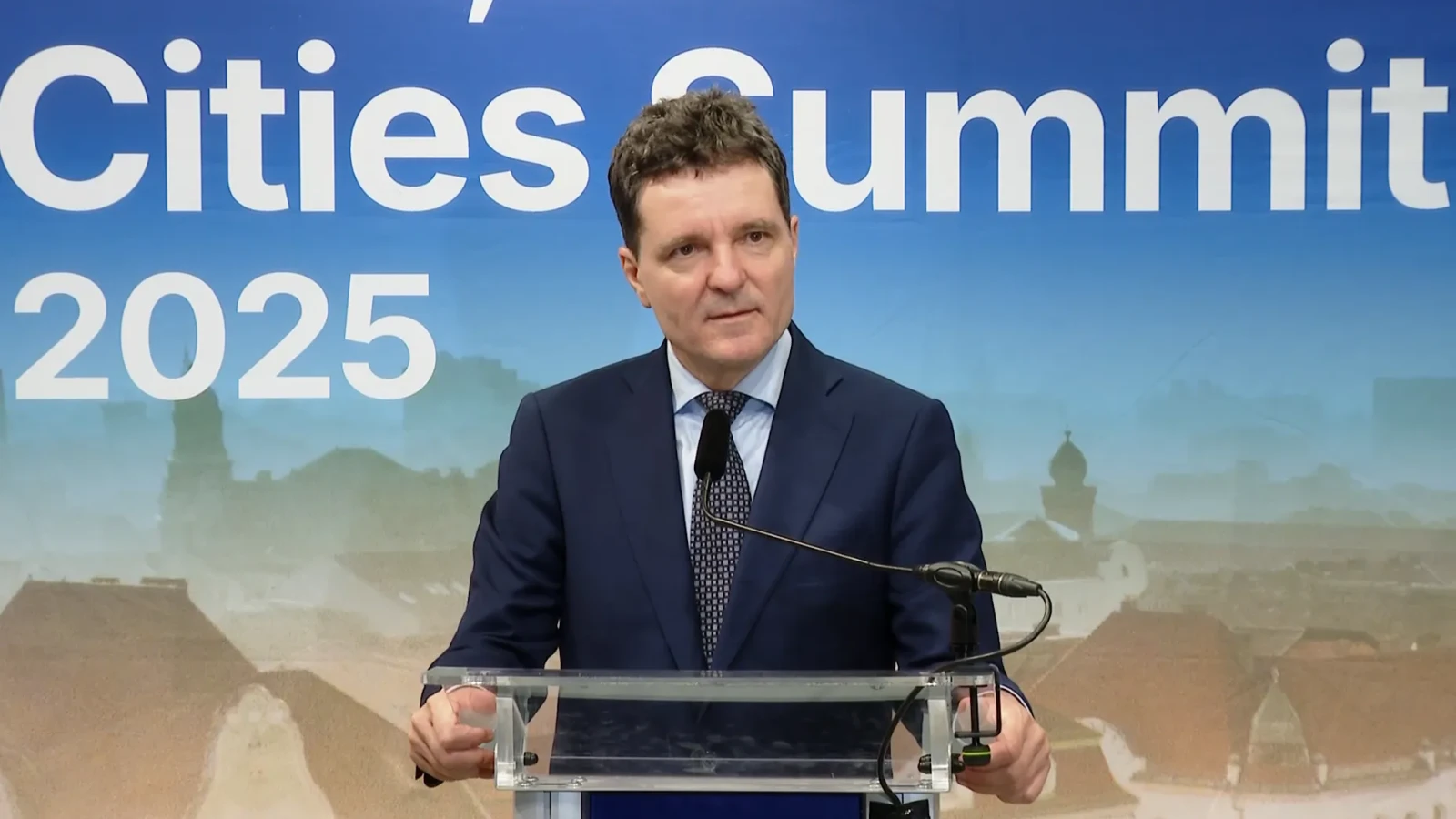



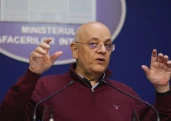
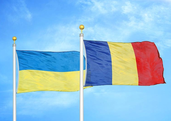

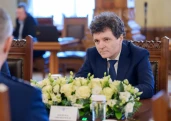
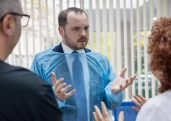


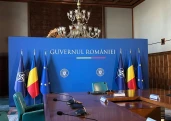
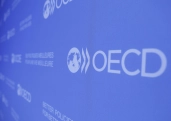
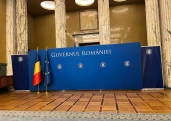

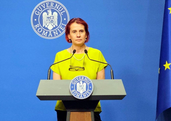



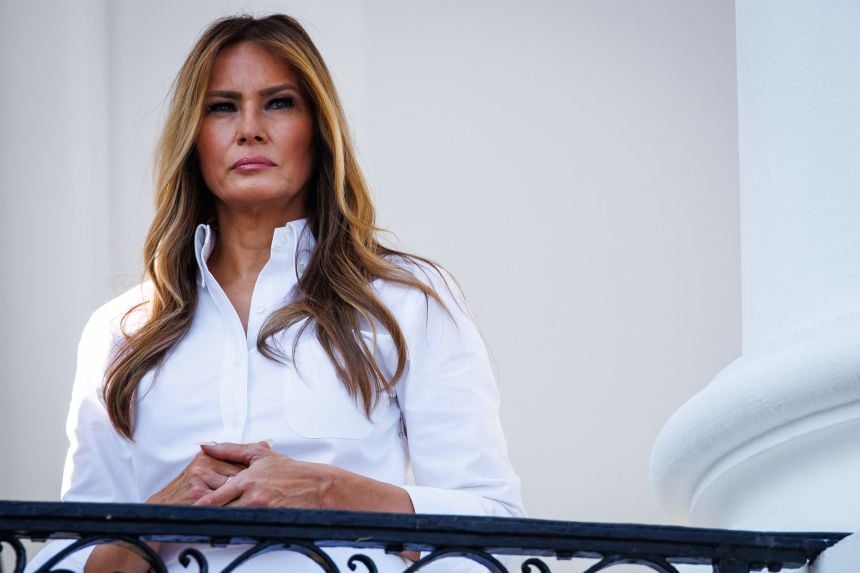











Comentează